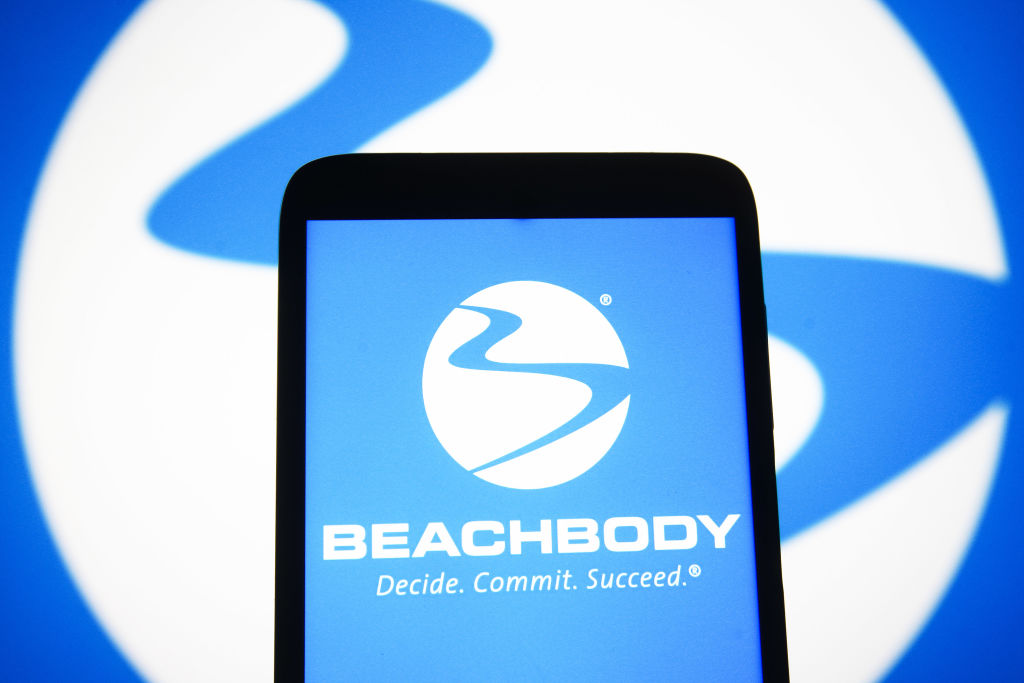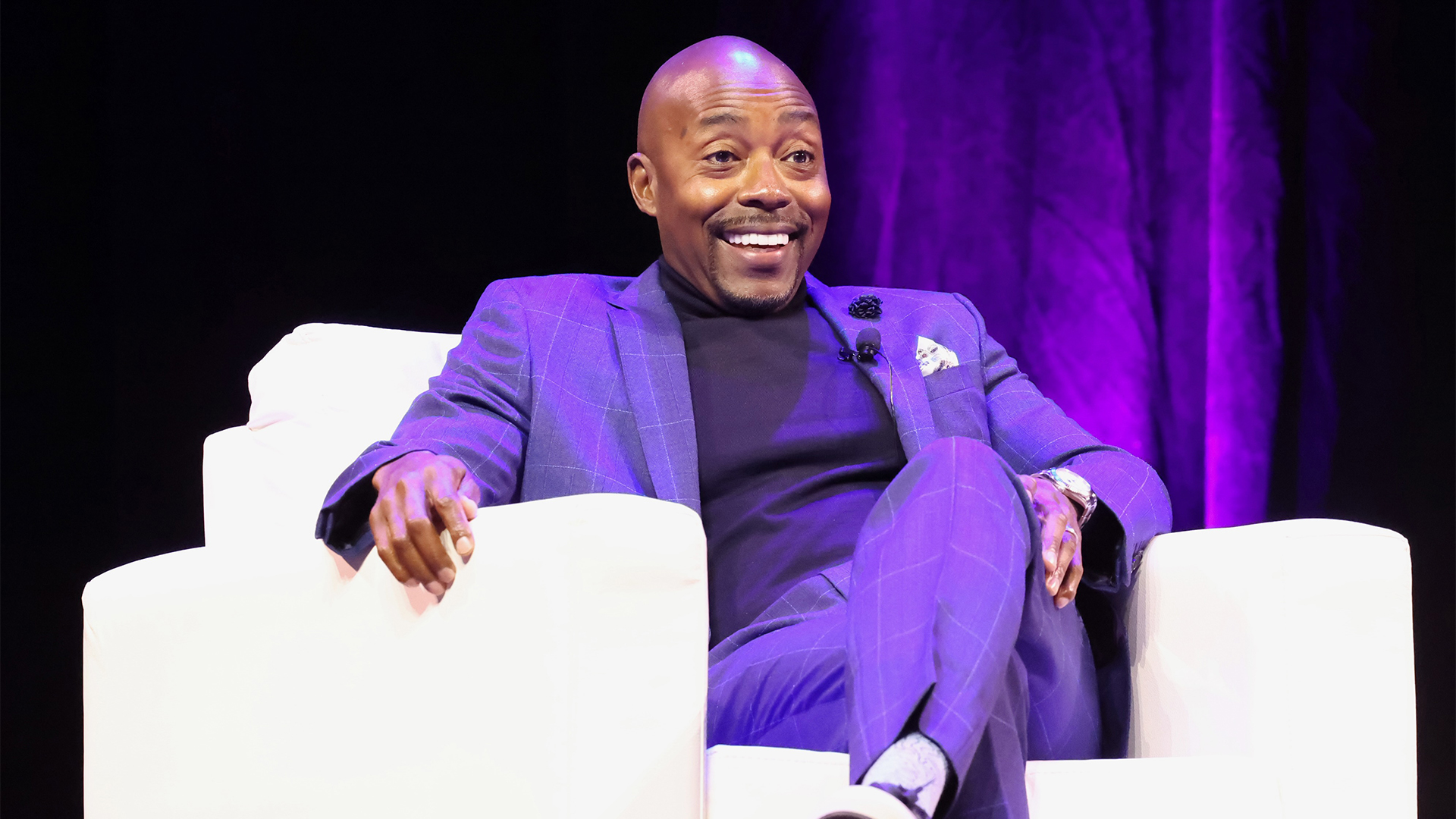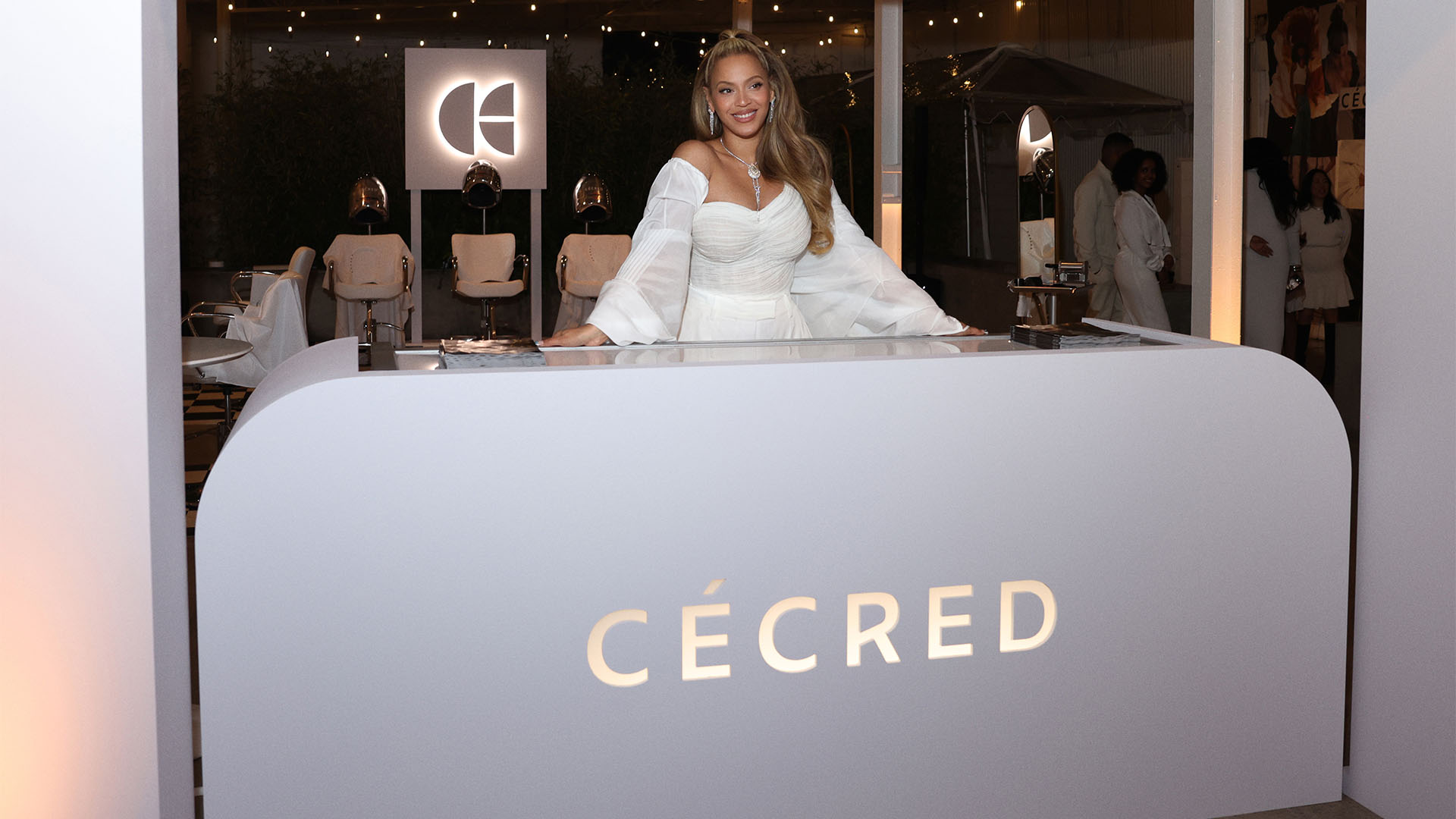If you’re a fitness nut, you’re likely already aware of the El Segundo, California-based multi-level marketing company Beachbody. The company, which operates a number of affiliate entities including Shakeology and Beachbar supplements, as well as Beachbody On Demand and MYXfitness live-coaching has recently announced a major shift in their business model.
The company’s new approach sees them moving full-steam ahead towards profitable growth, as they eschew their MLM framework for a more streamlined single-level affiliate program, in a bid to appeal directly to their highest-spending consumers. Essentially, this cuts out the middle man, and allows those interested in taking video courses or purchasing supplements to meet their corporate supplier right at the source.
Given that the company is projected to experience exponential growth with their new streamlined approach, it only makes sense to examine Beachbody’s history, current net worth, and plan for the future. This should give consumers and potential investors alike a good idea of where the business is headed, and hopefully provide some assurance on whether Beachbody is a sound choice for those interested in purchasing shares.
According to Stock Analysis, Beachbody currently has an estimated net worth of $37.35 million, representing a 64.3 percent drop since last year’s earnings call. With no further preamble, let’s dive in to the history of Beachbody, and see what we can learn about their shift in business model.
Founding And Beachbody.com
Long before Beachbody had ballooned into the multi-million dollar industry we know today, the company was founded by Jon Congdon and Carl Daikeler, who operated the infomercial health and fitness brand out of an office in Santa Monica, California. During the company’s 1998 inception, the duo envisioned the business as a means of disseminating simple at-home exercise videos, which could be purchased through the domain Beachbody.com. Daikeler and Congdon envisioned a quick-fix for global obesity, which aimed to provide workout opportunities for those who are too busy for the gym, too insecure to commit to a heavy workout, or simply disinterested in utilizing heavy machinery.
Daikeler previously had success in infomercial sales for both Lifeline Gym and 8 Minute Abs, selling over 2 million copies according to a 2018 write-up in Forbes. Through angel investing, Congdon and Daikeler took in $500,000 in series A funding, which allowed them to develop their website and take off running.
P90X And Pivot To Multi-Level Marketing
By 2005, Beachbody had already amassed major success in the field of infomercial marketing and online video sales. The company then acquired the “Power 90” program developed by author and personal trainer Tony Horton, better known by the name P90X. The P90X cross-training regimen quickly garnered popularity through its virally successful marketing campaign, which consisted of a number of eye-catching infomercials with numerous endorsements from celebrities. Unlike many of Beachbody’s initial videos, Power 90 included the use of dietary supplements as part of its routine. This would eventually serve as a jumping-off point for Beachbody’s foray into the supplements market, though they wouldn’t officially break ground on this business model until 2018.
After finding success with infomercial marketing, Beachbody pivoted to a multi-level marketing strategy in 2007. This meant wholesaling workout DVDs to customers, who would in turn sell individual discs to a down-network series of subscribers.
This model has been criticized by a number of business analysts, with some comparing it to the structure of a pyramid scheme, though multi-level marketing businesses have continued to take a foothold in numerous industries throughout the 2010s and 2020s. Clearly the pivot worked out for Beachbody, as their margins continued to increase favorably with the addition of many new subscribers to their MLM user base.
Controversies With The MLM Model
While Beachbody continued to see upward growth, not all of their business practices were viewed favorably. The company suffered a few major scandals in and around 2017, including one instance which saw Beachbody agreeing to pay over $3 million in out-of-court lawsuit settlements. Per the Los Angeles Business Journal, the city of Santa Monica, California alleged that the fitness company was “charging its customers’ credit cards on an automatic, recurring basis without the required written consent of those customers.” As a result, $1 million of the $3.5 million total payout was allocated to nonprofit organizations dedicated to community health programs, while the rest was paid as a penalty toward the city. Beachbody has since reformed their credit card renewal policy, which allows greater transparency and more ease of access in order cancellations.
The very same year, Beachbody was maligned by the watchdog organization Truth in Advertising, due to a series of false claims made by Beachbody sellers on social media. Since sellers were not formal W-2 employees of the Beachbody brand, they were given very few inherent guidelines for selling their DVDs and other products to downstream subscribers. This is a common issue that many MLM style businesses face, as these independent contractors are not bound by the usual company ethics and standards. This would later come to serve as the basis for a class action lawsuit against the fitness company, wherein Beachbody sellers demanded up to four years of back-paid salary for essentially operating as employees without the standard benefits.
Streaming Success And Pivot Away From MLM
In 2018, Beachbody once again pivoted their core strategy, entering the live-streaming market with a series of video fitness coaches. This model, which has been referred to as “FaceTime for fitness” includes all previous pre-recorded coaching sessions registered on an internet streaming platform, similar to Netflix or Amazon Prime. This was the first major step in Beachbody’s eventual decision to leave the MLM space, as it allowed the company to shift its subscribers onto a fully digital marketplace, and compete with outlets like Peloton. During this time, Beachbody even acquired a nutrition company titled Ladder, which was co-owned by Arnold Schwarzenegger and LeBron James. The superstar duo remained attached to the business as minority stakeholders.
Though Beachbody’s pivot to streaming began in 2015, the model didn’t truly take off until the 2020 COVID-19 pandemic and subsequent lockdowns. This global event prevented people around the world from going to the gym, and left those who don’t normally exercise with enough free time to finally chase their fitness dreams.
As such, Beachbody’s online model was a massive hit, and ballooned with over 500,000 new subscribers from March 2020 to March 2021. The controversies with the MLM business model and eventual success with streaming caused executives at Beachbody to pivot full-force into the latter, prompting their recently-made decision to reduce their workforce by roughly 33 percent.
Current Net Worth, And What’s Next?
At the time of this writing, Beachbody is in the midst of phasing out all MLM practices in favor of a single-level affiliate program. This change is expected to fully take shape on November 1, 2024, per Business Wire. Analysts project a $54 million annual savings rate. As stated, Beachbody’s current market cap places the company’s net worth at $37.35 million, with plenty of room to grow if they continue making prudent business decisions in the coming years.
















